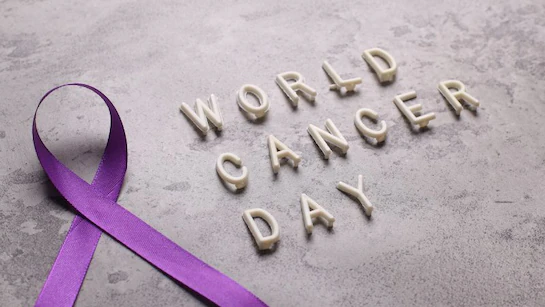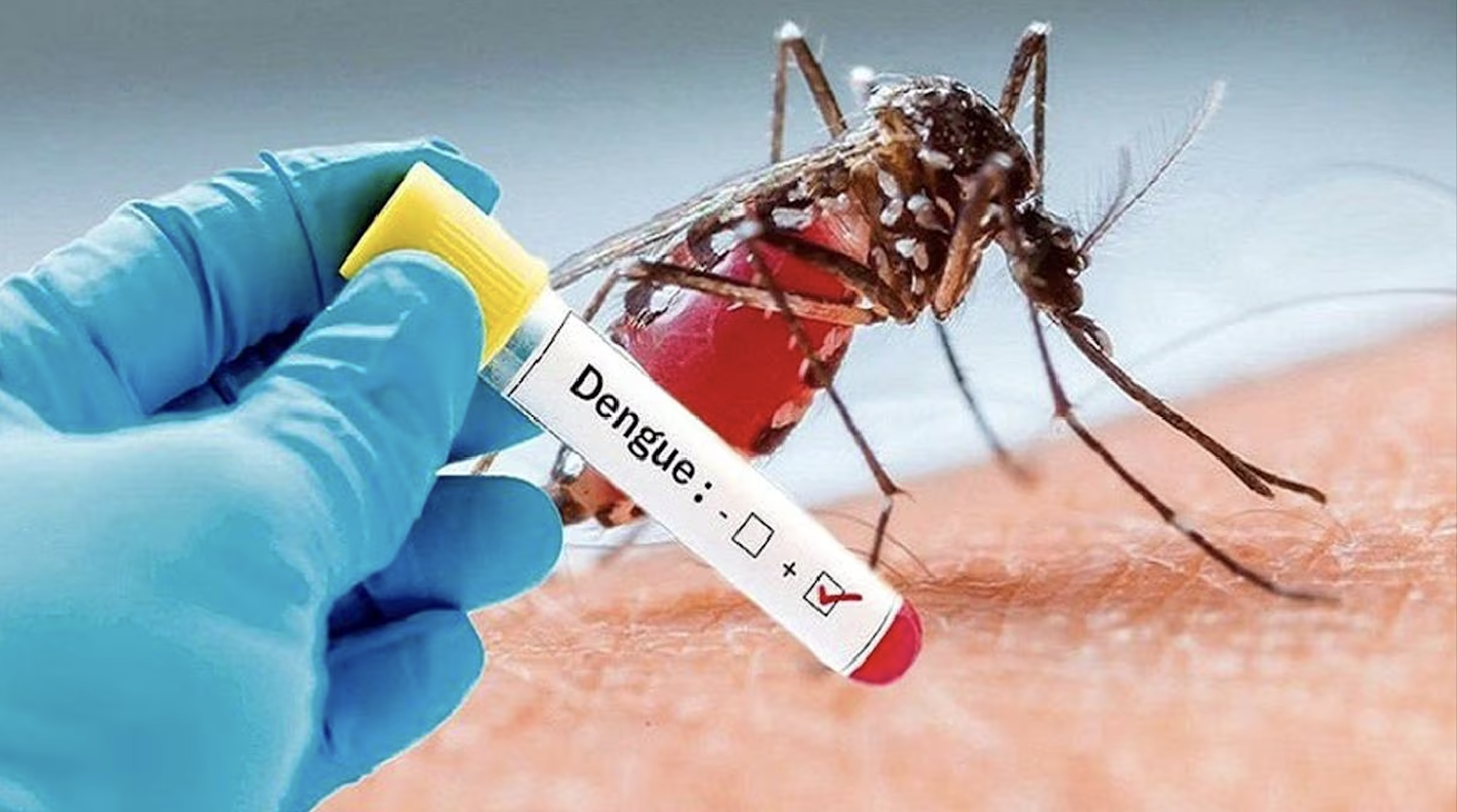Every year on February 4th, World Cancer Day serves as a global initiative to raise awareness about cancer, promote early detection, and support those affected by this disease. At Bangalore Orthopaedic and Surgical Hospital (BOSH), we take this opportunity to shed light on bone and soft tissue cancers, which often go unnoticed but can have severe consequences if not diagnosed and treated early.
Understanding Bone and Soft Tissue Cancers
Bone Cancer
Bone cancer is a rare type of cancer that originates in the bones. It primarily affects children, teenagers, and young adults. The most common types include:
– Osteosarcoma – Affects the long bones, commonly seen in teenagers.
– Chondrosarcoma – Develops in cartilage cells, often affecting adults.
– Ewing Sarcoma – Common in children and young adults, affecting bones or soft tissue around them.
Soft Tissue Sarcomas
Soft tissue cancers, known as sarcomas, develop in connective tissues like muscles, fat, blood vessels, and nerves. Common types include:
– Liposarcoma – Develops in fat tissues.
– Leiomyosarcoma – Affects smooth muscles.
– Rhabdomyosarcoma – A rare type seen mostly in children.
Warning Signs & Symptoms
Bone and soft tissue cancers can be difficult to detect in the early stages. However, some common symptoms include:
- Persistent pain in bones or joints
- Swelling or lumps in soft tissues
- Unexplained fractures
- Limited movement in joints
- Fatigue and weight loss
If you or a loved one experiences these symptoms, seeking early medical evaluation is crucial for timely diagnosis and treatment.
Importance of Early Detection
Early diagnosis significantly improves the chances of successful treatment. Common diagnostic tests include:
– X-rays and MRI scans to detect abnormalities.
– Biopsies to confirm the presence of cancer cells.
– CT scans and PET scans to check for cancer spread.
At Bangalore Orthopaedic and Surgical Hospital, we emphasize the importance of regular health check-ups and screenings for those at risk.
Advancements in Treatment
Medical advancements have improved survival rates for bone and soft tissue cancer patients. Treatment options include:
– Surgery – Removing tumors while preserving as much healthy tissue as possible.
– Chemotherapy & Radiation Therapy – Used to shrink tumors and prevent recurrence.
– Targeted Therapy – Focuses on cancer-specific molecules to reduce damage to healthy cells.
How You Can Make a Difference
On World Cancer Day 2025, you can contribute to the fight against bone and soft tissue cancers by:
Spreading awareness about early symptoms and the importance of diagnosis.
Encouraging regular check-ups for those at risk.
Supporting cancer patients and their families through donations or volunteering.
BOSH – Committed to Cancer Awareness & Care
At Bangalore Orthopaedic and Surgical Hospital, we are dedicated to providing specialized orthopaedic oncology services for bone and soft tissue cancers. Our expert team is committed to early detection, advanced treatment, and compassionate care for patients battling these rare cancers.
This World Cancer Day, let’s take a step forward in raising awareness, supporting those affected, and advocating for early detection. If you or someone you know is experiencing symptoms, do not hesitate to book a consultation with our specialists today.
For appointments and inquiries: Call +91 78921 66682 | +91 76250 88820
Visit our website: boshospitals.com
Together, we can make a difference! #WorldCancerDay #BoneCancerAwareness #BOSH #CancerPrevention


